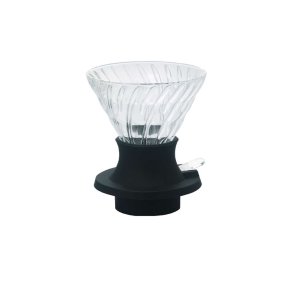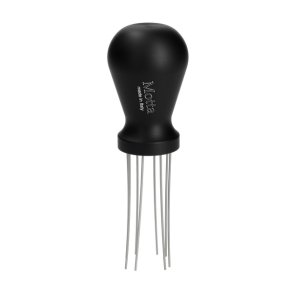Vinterkaffe - Costa Rica La Candelilla Estate – Honey – Friskristet kaffe
Kalendergave ide. Lækker lysristet kaffe til kaffeelskeren du holder af. I en flot "julet" pose.
- Ristning: Lys
- Cropyear: 2024/25
- Body: Juicy
- Acidity: Delicate
- Flavor: Banana, Honey-Melon, Cocoa
- Cuppingscore: 87
- Processing: Honey
Pris fra 100,00 DKK









